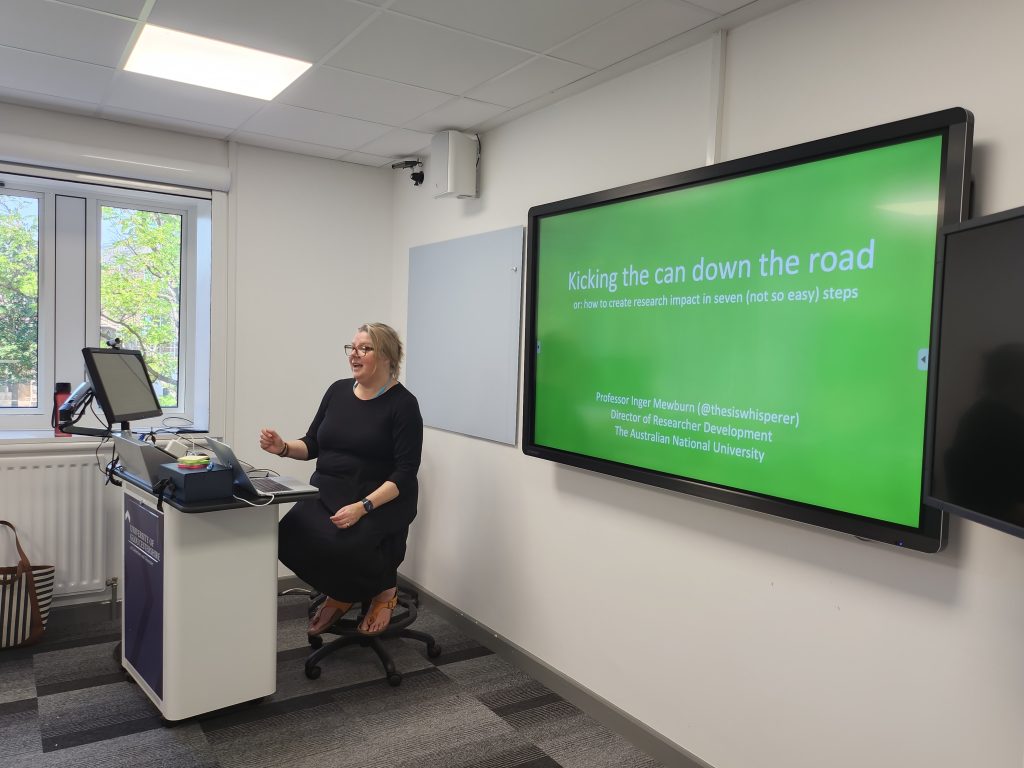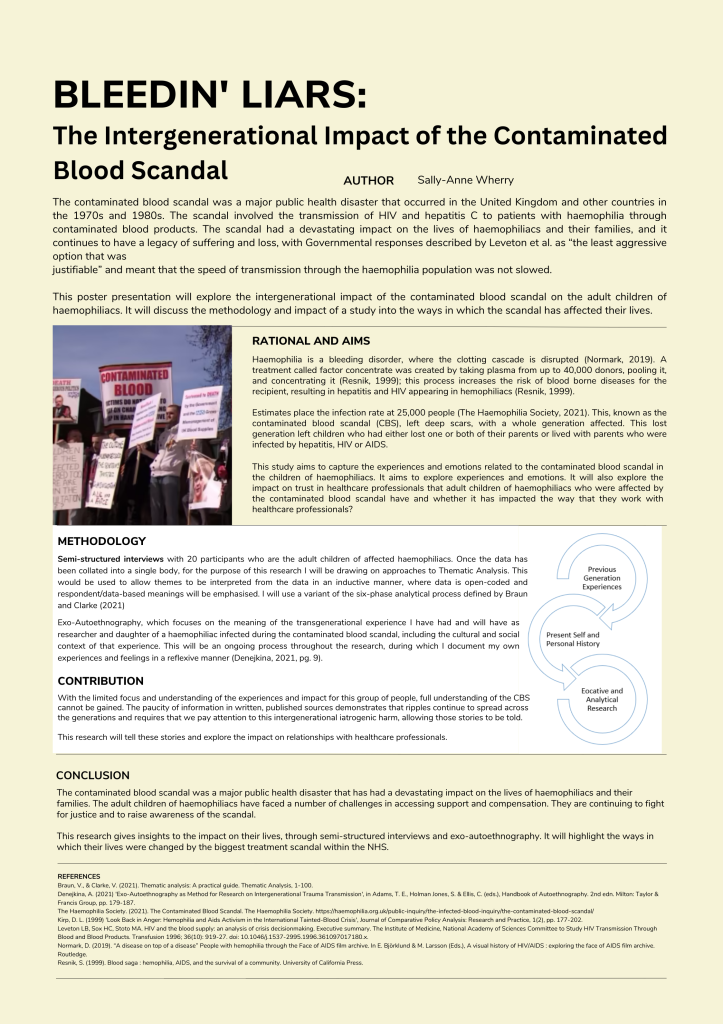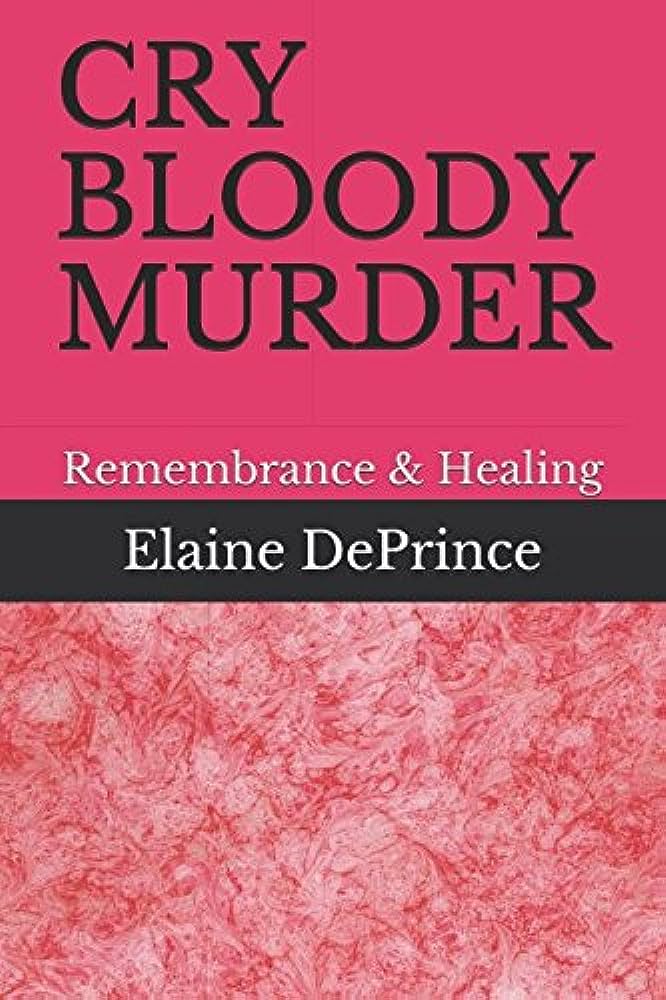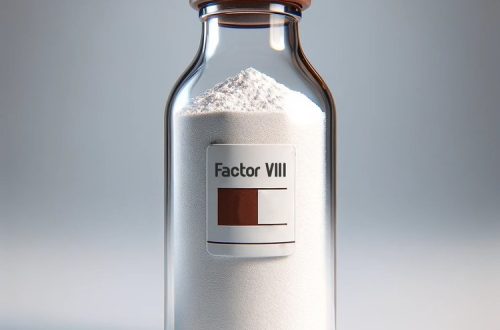Thesis Whisperer visit and Editorial Work!
I’ve been heavily focused on my work recently and really considered the advice someone gave me – consider the benefit to your career, vs the energy. Sometimes unpaid work is more beneficial to you than something paid that doesn’t contribute long term.
Inger Mewburn
Speaking of this, I mentioned in my last post that Inger Mewburn had kindly taken time out of her sabbatical to visit us at University of Gloucestershire and talk to the PGR group. We’re super grateful for that, because it brings a new perspective, particularly on the message around not burning yourself to the ground in your work!

The book she recently published with Simon Clews has been really helpful to me in considering the ways I make my work visible. I think I am practically becoming a bore about it, since my discoveries are blowing my mind! So things in the book like the suggestion of turning your work into a lecture and pimping it out that way, or how to pitch for money were super helpful! Do read this book, if you are a PhD or ECR.
I think it can be daunting to look at a career like Inger’s from the position of ECR. The amount she generates and the things she has achieved can look impossible, until you think that she did it one step at a time and didn’t leap out of her mother’s womb as a fully formed researcher. I said to students yesterday that everybody’s first draft is absolutely rubbish and you only ever see the end result. Don’t judge the end product of someone else’s labour with the labour you are doing to create an end product.
Editorial Work
I have recently had the honour of being asked to be an editor on a journal – this is one of the opportunities where I weighed up the benefit of time and energy invested vs the benefit to my career. In this case, I think it is a great journal and their peer-review process was amazing – my article was published before the other one I have submitted had even got to peer-review! (that one still doesn’t have any sign anyone has looked at it at all)
The journal is the Journal of Haemophilia Practice; it is targetted at nurses and allied health in the specialty, with encouragement to submit those articles that other journals might not find interesting but those professionals do. It has been going around ten years and is a really lovely community of practice, with some incredible work being published there. It is open access, which is important to me, and the editors are really responsive and open to discussion.
I was a little struck by imposture syndrome – I am not a specialist nurse and my connection to the haemophilia community is a familial link, with my PhD focussing on the impact of the contaminated blood scandal. I don’t have much social media reach, having fled from twitter under the increasingly right wing influence. But I do believe in the journal and, if I can only contribute a few articles and some conversations, then that is time worth spending.
PhD Poster Competition
I entered University of Gloucestershire’s poster competition this year, mostly as a way to condense my topic into a brief summary. This was MUCH harder than I anticipated – there is a lot to pack in!
I did not win but the competition was amazing – the people had such a variety of topics and almost everyone compared themselves to the others and felt daunted by it. I think my learning is that I need to pick ONE of my methods and reduce words considerably! That said, I am not sure how.
On a personal note I have not sewn recently since the building work will bring with it dust and chaos, which I think is not ideal for fabrics to be here for!


